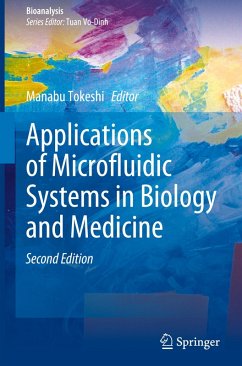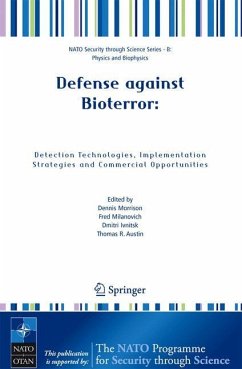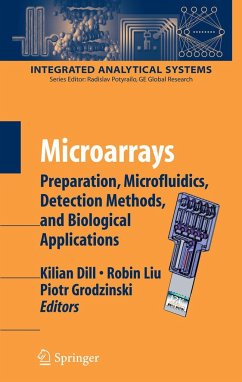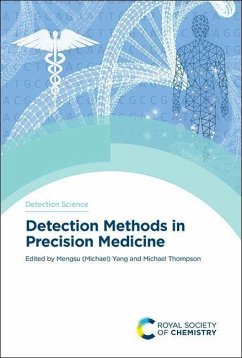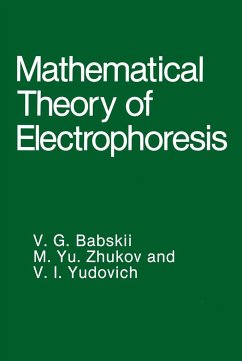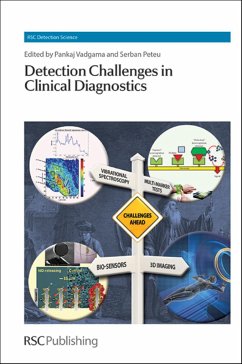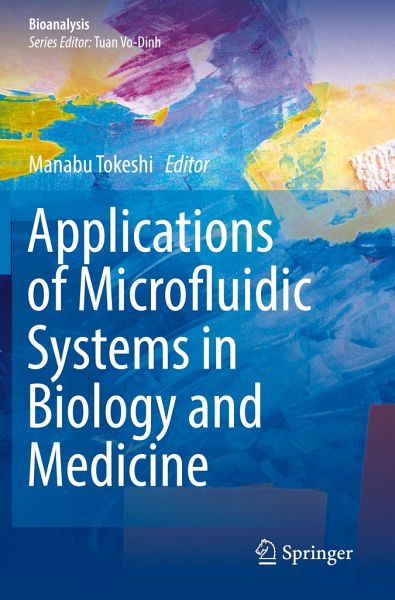
Applications of Microfluidic Systems in Biology and Medicine
Versandkostenfrei!
Versandfertig in 6-10 Tagen
113,99 €
inkl. MwSt.

PAYBACK Punkte
57 °P sammeln!
This book focuses on state-of-the-art microfluidic research in medical and biological applications. The top-level researchers in this research field explain carefully and clearly what can be done by using microfluidic devices. Beginners in the field -undergraduates, engineers, biologists, medical researchers-will easily learn to understand microfluidic-based medical and biological applications. Because a wide range of topics is summarized here, it also helps experts to learn more about fields outside their own specialties. The book covers many interesting subjects, including cell separation, p...
This book focuses on state-of-the-art microfluidic research in medical and biological applications. The top-level researchers in this research field explain carefully and clearly what can be done by using microfluidic devices. Beginners in the field -undergraduates, engineers, biologists, medical researchers-will easily learn to understand microfluidic-based medical and biological applications. Because a wide range of topics is summarized here, it also helps experts to learn more about fields outside their own specialties. The book covers many interesting subjects, including cell separation, protein crystallization, single-cell analysis, cell diagnosis, point-of-care testing, immunoassay, embyos/worms on a chip and organ-on-a-chip. Readers will be convinced that microfluidic devices have great potential for medical and biological applications.



